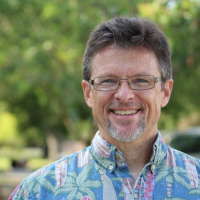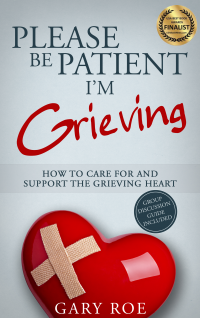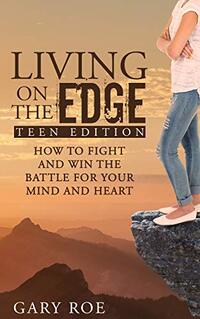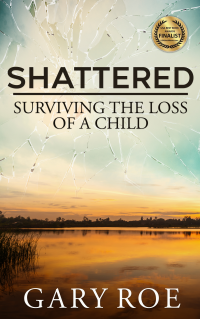Gary Roe's Books
Stay in the loop on books by Gary Roe. See upcoming and best-selling books by the author here. You'll also find the deals on books by Gary Roe.
** Please note that the information or price displayed here may not be the updated. Make sure to double-check the latest book price before buying books.
** Also, there might be other books by Gary Roe not listed on AllAuthor.
| Book |
|---|
Living on the Edge: How to Fight and Win the Battle for Your Mind and HeartPublish: Jul 24, 2019Series: Difference Maker SeriesAdvice & How To |
Please Be Patient, I'm Grieving: How to Care For and Support the Grieving Heart (Good Grief Series Book 3)Publish: Mar 27, 2016Series: Good Grief SeriesAdvice & How To |
Living on the Edge: How to Fight and Win the Battle for Your Mind and Heart (Teen Edition)Publish: May 06, 2019Series: Difference Maker SeriesTeen & Young Adult |
Shattered: Surviving the Loss of a Child (Good Grief Series Book 4)Publish: Jan 21, 2017Series: Good Grief SeriesAdvice & How To |
Gary Roe's Series in Order
It's exciting to find a book series to follow! Discover the whole new world of book series created by Gary Roe.
** Also, there might be other book series by Gary Roe not listed on AllAuthor.
Gary Roe's Awards and Achievements
-
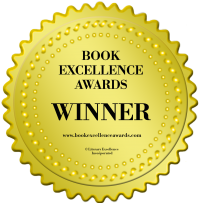

Book Excellence Award Winner
2021 award -


Best Book Award Winner
2020 award -


Book Excellence Award Winner
2020 award -


Eric Hoffer Book Award Finalist
2019 award -


Eric Hoffer Book Awards - Da Vinci Eye Finalist
2019 award -
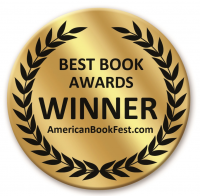

Best Book Award
2018 award -


Book Excellence Award
2018 award -

Best Book Awards Finalist
2017Shattered: Surviving the Loss of a Child (Good Grief Series Book 4)
award -


Book Excellence Award Finalist
2017 award -

Best Book Awards Finalist
2016Please Be Patient, I'm Grieving: How to Care For and Support the Grieving Heart (Good Grief Series Book 3)
award -

National Indie Excellence Awards Finalist
2015 award
Gary Roe has earned excellence awards over time. Here is the glimpse of the accolades clinched by the author.
Gary Roe Interview On 14, Dec 2021
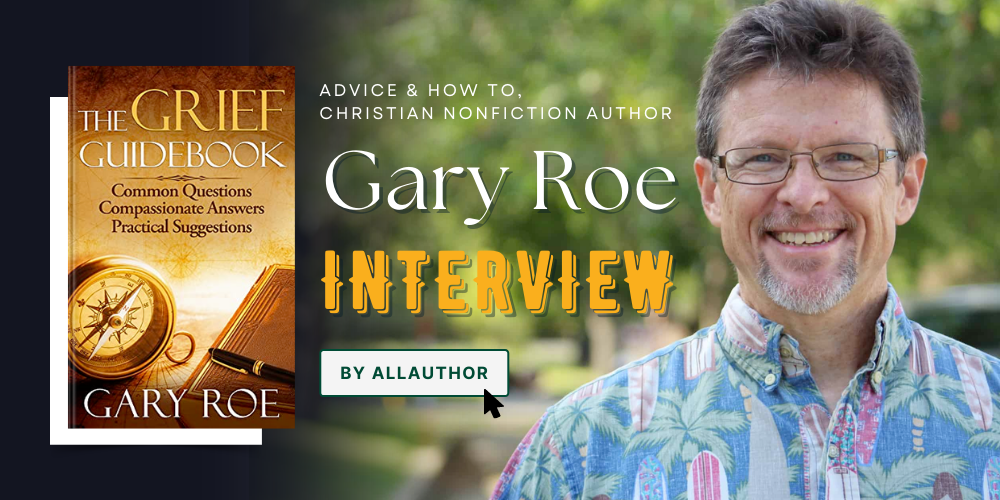
Ask Gary Roe a Question
Have brimming questions to ask author Gary Roe? Ask whatever you like, but keep it appropriate.
** Please note that unanswered questions will not appear on the page. Refrain from posting promotional messages.
